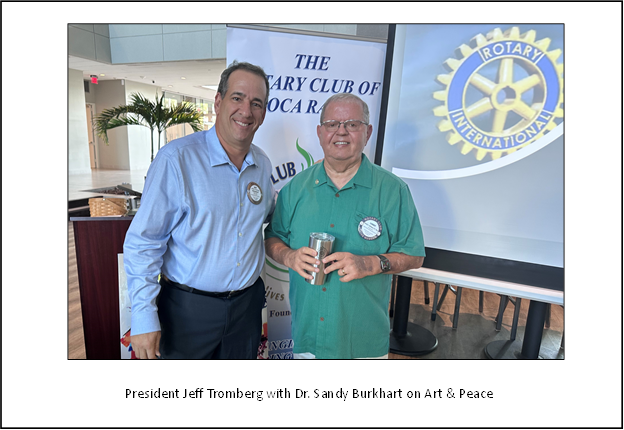
We were pleased to have Donna Holand, MD as our guest speaker. Donna is a recently retired Psychiatrist. She serves as the guest mentor trainer for the Viner Family Foundation.
Mentoring has been around for a long time, although it has taken different forms. Over time, the word mentor has become synonymous with the terms trusted advisor, friend, teacher, and wise person.
A mentor is a caring individual who forms a relationship with a less experienced
person during a time in their life when they are facing challenges. Hence, college is such a time when mentoring can help a college student with challenges and help them to grow in to a successful adult.
A good mentor understands however, that the focus of the match and
the focus of all the activities should be on the mentee. The purpose of the relationship is to promote the growth and the development of the mentee.
Mentor roles and tasks may include:
- Becoming a source of general encouragement and support
- Advocating for the mentee
- Coaching specific skills and behaviors that are needed
- Evaluating and giving feedback regarding the mentee’s behavior
- Being a positive role model
- Serving as a confidant who will help the mentee solve problems and conflicts as well as identify additional outside resources to assist mentee and their family in dealing with hardships of a variety of types.
- Guiding and inspiring the mentee through transitions
That’s why mentoring works—the mentee knows that the relationship is primarily about him or her, not about the success of the organization, and not about bringing in dollars.
The emphasis is on the “relationship.”
Successful mentors teach their mentees the “problem solving process,” rather than to merely give them the answer to a particular problem.
You are not there to do the work for the student; you are there to
help them do their work better.
“Mentors help mentees learn how to manage themselves.”
In summary, in order to be a good mentor, you should realize that:
- Repetition more important than length or Face to Face
- Acceptance: Know and trust one another
- Respect
- Nonjudgmental listening
- Unconditional positive regard



Leave a Reply